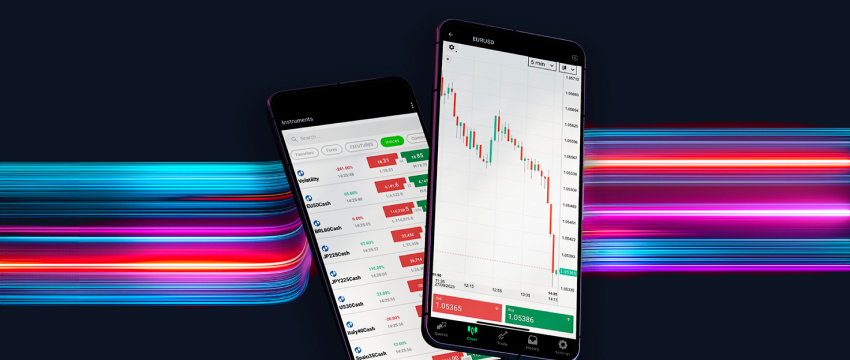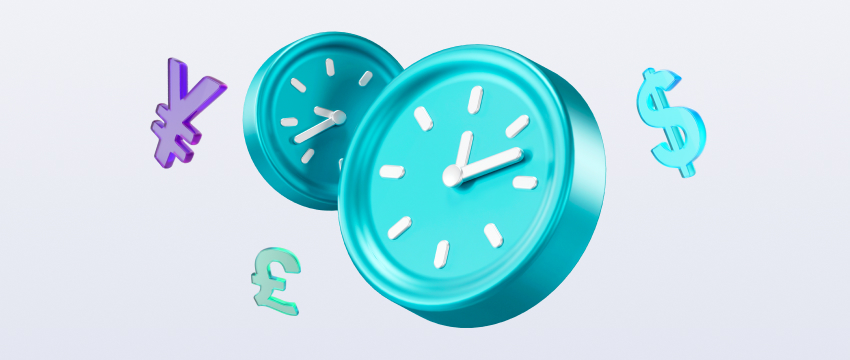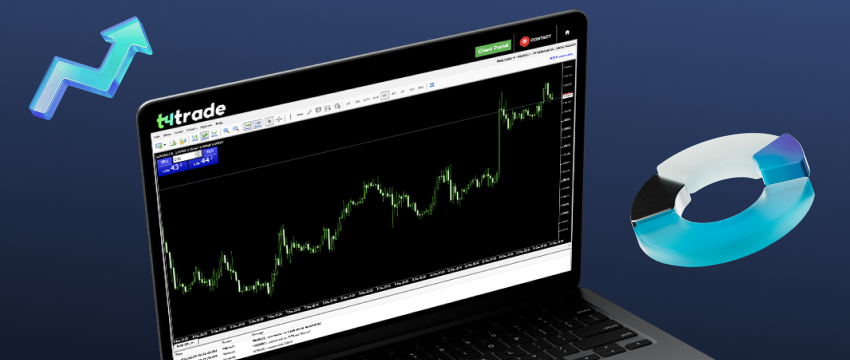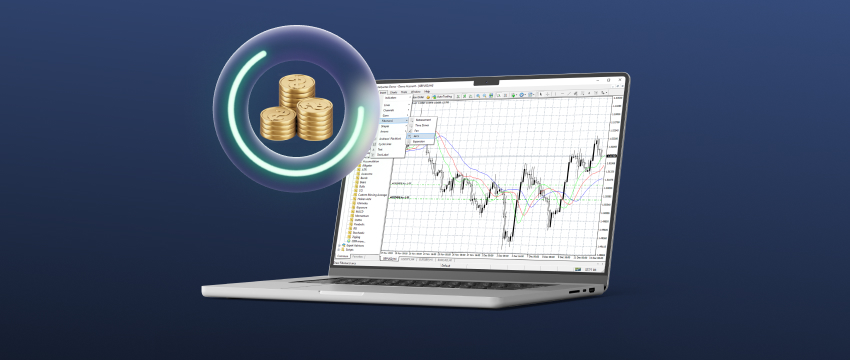As mobile devices have become more popular and powerful, the forex trading world has had to keep up. Reliance on terminals and web-based platforms wasn’t enough for the modern trader, who wanted a solution that could follow them everywhere.
However, like with all new technologies, the first mobile platforms had a somewhat poor showing. They were slow, clunky, and offered little functionality, coming off as far lesser versions of computer-based software. Often, they were relegated to simply placing and closing trades, which, while useful, is a fraction of what could be achieved on existing platforms.
But like other mobile technology, forex trading platforms have undergone massive growth. Devices, similarly, have improved, becoming more capable of handling complex features. All that has led to an interesting development, where traders are capable of running their entire forex routine from their phones.
Now, will that routine be as potent as one run on a terminal device? The completely honest answer is no. Realistically, the difference in computing power and screen size will always give terminal traders an edge.
However, the loss in function isn’t as severe as some may make it seem. In fact, traders with simple trading strategies are unlikely to notice much of a difference at all.
This article will dwell on the topic of using a mobile platform in 2025, covering important considerations like the advantages and disadvantages compared to computer-based platforms.

Mobility & presence in forex
By far the most common reason to use a mobile platform is that it allows constant presence on the market. We all have our phones in our pockets or on our desks next to us almost all the time. As such, traders, if they have a sudden burst of inspiration or hear market-moving news, can always grab their phone, open their platform, and take their position.
Mobile trading allows forex traders to conduct their routine freely, regardless of location. There’s no need to rush home to the terminal on their PC, nor go through a login and verification process for a web platform if a device is at hand. On mobile devices, it’s always the same platform, with all the trader’s forex data, without any limitations on ability.
And this is by no means a small advantage. It’s far more convenient for most people, it feels less strict, and allows for multitasking. For instance, if a trader has a long commute to their job and they happen to take a bus or train, they can trade along the way. Otherwise, they may not be able to fit in trading at all if they have a significantly busy routine.
On a practical, trading-related side, it simply allows traders to stay on top of markets constantly. For instance, if someone were to insist on only using stationary platforms and they heard bad market news while they were away from their device, they’d need to rely on stop losses or take profits to end their trades. A mobile trader could just take their phone out of their pocket and modify accordingly.
Notifications
In line with what was just mentioned, push notifications are an immensely powerful tool for phone trading. Numerous services provide free or paid signals that can help traders spot good opportunities.
Mobile forex traders can jump on these opportunities immediately. As soon as the notifications hit their phones, they have hit hundreds or perhaps thousands of others. If everyone tries to get in, they’ll push prices, leaving less room for profit. It’s first-come-first-served, and mobile users have the ability to be quicker on the draw.
Simplicity
This is both a pro and a con for mobile trading. Mobile platforms are simplified compared to computer versions. This is, in part, due to their different capabilities, but also in part due to the mobile audience wanting different things.
In general, mobile traders want a more streamlined experience. Few implement an extremely detailed analytical routine or develop an entire, complex trading strategy. Mobile platforms have adjusted to just that.
This allows the experience of using them to be much more satisfying than with traditional platforms. The cut features mean that there’s less clutter, and that traders can do just what they intend to more quickly. However, it’s also a double-edged sword.
While mobile forex traders often don’t use these analytical tools, there’s no denying that using them wisely leads to better market navigation. As such, those who trade solely on phones may miss out on an entire chunk of the trading tool arsenal at the disposal of other traders.
And it’s not just that mobile apps have fewer indicators. Entire features, like backtesting and EAs, are either unavailable or severely weaker in mobile trading. As such, once forex traders hit more serious levels, it may be difficult to keep up.
Single small screen
While phones are more convenient, they are also much smaller than computers. The single screen that’s much smaller makes it much more difficult to gather information from charts on top of imposing functional differences between the two platform versions.
It also makes it much more difficult to track different assets. Mobile platforms have made strides to alleviate this somewhat, with multiple tab options and similar solutions. However, it’s impossible to deny that having all the information present at the same time, and only needing to glance from one to another is a superior method.

Internet and stability
Another issue that mobile apps may present is internet trouble. In general, mobile networks, although they are fairly reliable, are weaker than wired router connections to computers. Otherwise, wi-fi networks are notoriously unstable and can disconnect or have trouble maintaining a smooth connection. Either way, this is sub-optimal for traders.
This is especially true for more precise traders like scalpers and forex day traders. They often have very specific entry and exit points that they wish to target, and missing them can cause a significant shift in profits.
In general, this may not be an issue where connections are strong. But it could cause problems and is something mobile traders need to be wary of.
Unique features
The last thing to cover for mobile trading in 2025 is that mobile apps are somewhat diverging from terminals and becoming their own thing. As a result of their unique technology, they can provide some bespoke features.
For instance, many platforms have started adding biometric authentication as a part of their security procedures. If a trader has a phone that supports such features, they may be able to add a level of security to their trading.
It’s not only safety, though, many phone apps have started adding features to keep traders interested. As such, they may have simulations or gamified features that keep trader education fresh. This may make it easier for some traders to learn new things and advance their knowledge.
At the end of the day, these features are unique to each platform, but they are worth exploring, as they may provide a shift in experience that makes up for the feature loss.
The way to properly use a mobile platform in 2025
Most of this article has been pitting mobile platforms against computer-based ones. However, the point was to highlight different use cases; there’s no need to choose one or the other.
A smart forex trader uses all the tools at their disposal. Even for mobile-only traders, there’s no harm in doing some analysis on a PC. Conversely, even for terminal purists, jumping on a sudden opportunity from a phone while they are away may lead to better results.
Mobile platforms are growing, and will undoubtedly advance even further. Learning them, using them in the proper situations, and evolving with them is the way forward for traders.
Disklaimer: This material is for general informational and educational purposes only and should not be considered investment advice or an investment recommendation. T4Trade is not responsible for any data provided by third parties referenced or hyperlinked in this communication.




